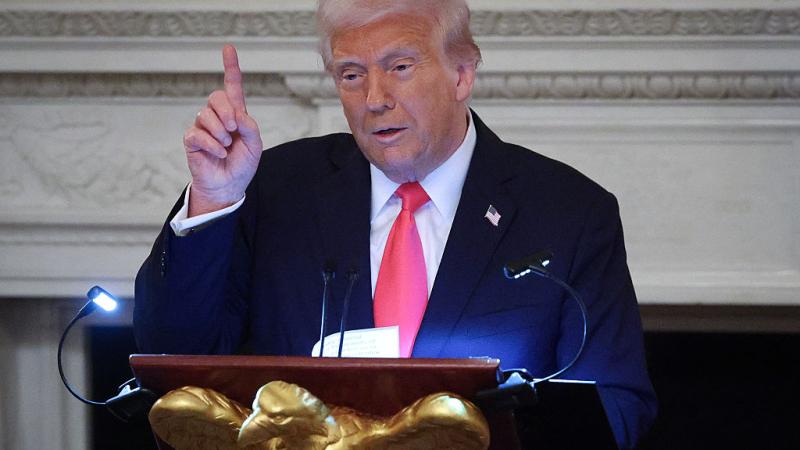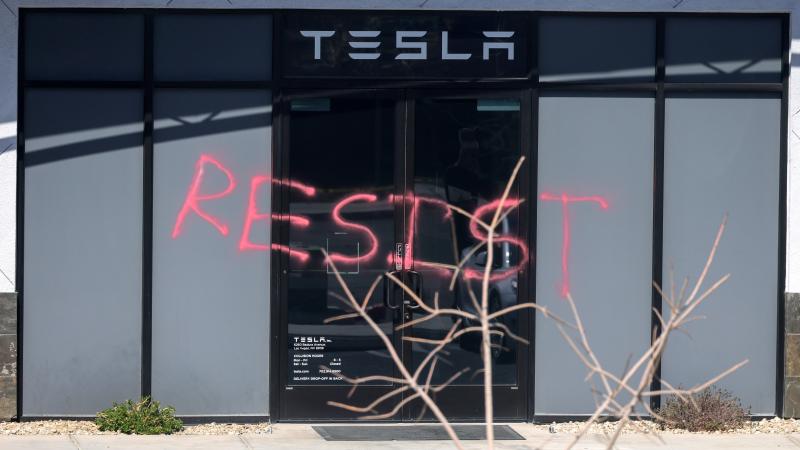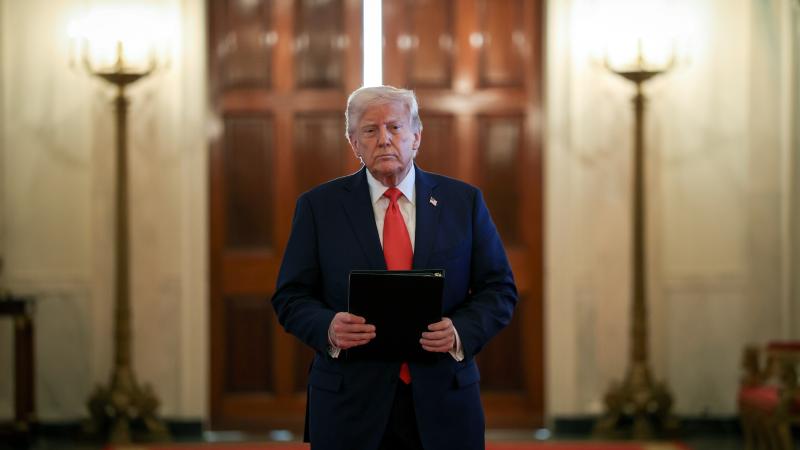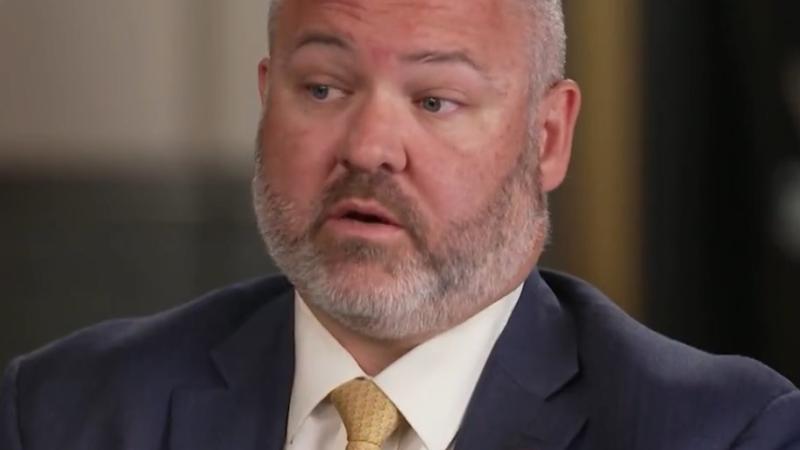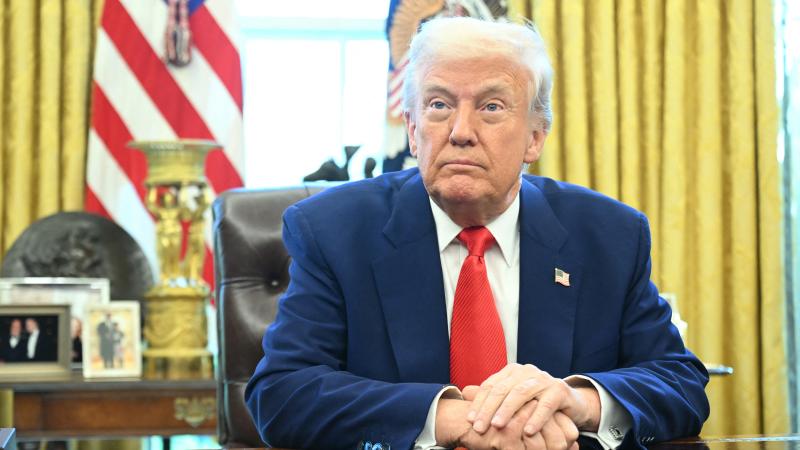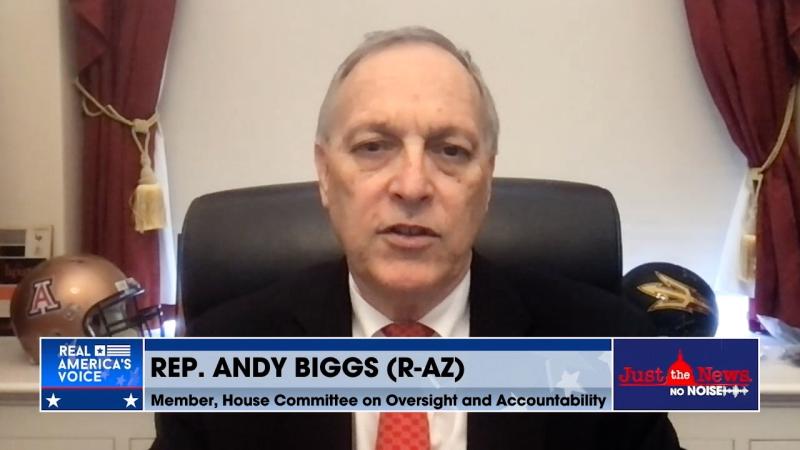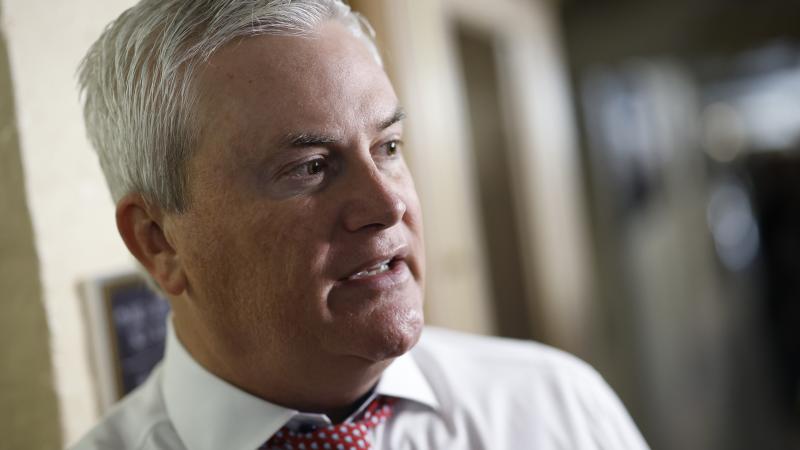Words they use: Politicians, voters often speak different languages, poll finds
When it comes to the term "DEI" which stands for "Diversity, Equity and Inclusion," it was correctly identified by only 38% of voters.
When it comes to politicians in America, a recent study has shown that they are wildly out of touch with average, everyday American people on political language and different terms frequently thrown around in the political sphere. A poll conducted earlier this month by prominent pollster Scott Rasmussen showed that average American voters are not as fluent in common political terms such as "Christian Nationalism," "continuing resolution" and "DEI."
"Politicians and pollsters routinely throw around words and terms that every day Americans do not understand... CRT, ESG, Green New Deal, and more," Rasmussen wrote on the social media platform, X.
"This represents a massive failure of leadership for failing to communicate clearly," he continued.
According to the poll, only a small percentage of voters could correctly identify the term "CRT," which stands for critical race theory.
The poll shows that 8% of GOP voters could identify what CRT stood for, only 10% of Democrat voters could correctly identify the term and 11% of post graduate voters knew what it meant.
When it comes to the term "DEI" which stands for "Diversity, Equity and Inclusion," it was correctly identified by 38% of voters.
The term "ESG" which is short for "Environmental, Social and Governance" was known by 11% of GOP voters, 8% of Democratic voters and 17% of post graduate voters.
Terms that are more fluent in everyday American language such as "woke," "transgender" and "Electoral College" were more well known among voters. Seventy-five percent of voters could correctly identify what transgender meant, 45% of voters properly understood what the electoral college was and its purpose, and 50% of voters knew what "woke" meant.
Earlier this month, Rasmussen conducted a study about the elite one percent and how their views differed from everyday Americans.
He found in his study that 47% of the elite one percent think that Americans have "too much freedom." “The Elite 1% wield a tremendous amount of institutional power but are wildly out of touch with the nation they want to rule," Rasmussen said.
In June of 2024, a Pew Research Center study said only about 22% of Americans trust the federal government.
"Trust in government began eroding during the 1960s, amid the escalation of the Vietnam War, and the decline continued in the 1970s with the Watergate scandal and worsening economic struggles," the report stated. "As of April 2024, 22% of Americans say they trust the government in Washington to do what is right “just about always” (2%) or “most of the time (21%) , the report said.
Rasmussen posits that many of the elites are unaware of the thought gap between them and everyday American people.

